T4K3.news
Rhino horn trafficking ring busted in SA
Six suspects face charges after a seven-year probe linked to 964 rhino horns headed for Southeast Asia.
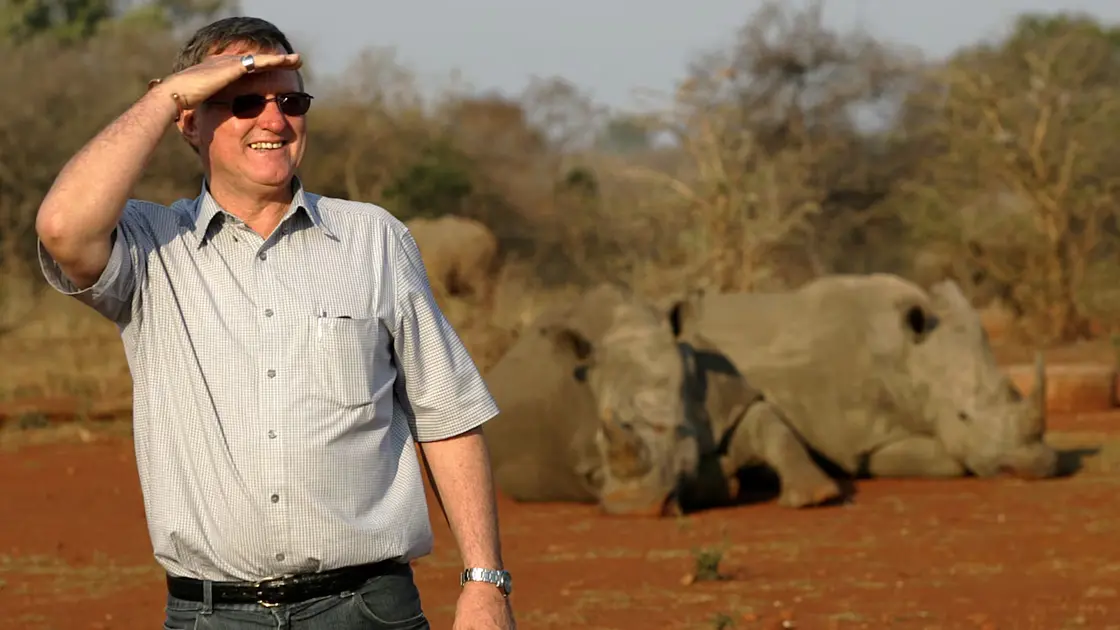
Authorities say the six suspects used fraudulent permits to smuggle rhino horns worth millions to Southeast Asian markets.
South Africa arrests six in massive rhino horn trafficking scheme
Six suspects appeared in Pretoria Magistrates' Court after a seven-year investigation into a rhino horn trafficking ring. Prosecutors say the operation involved 964 rhino horns destined for illegal markets in Southeast Asia.
Officials allege the group defrauded the Department of Forestry, Fisheries and the Environment by obtaining permits under false pretenses to buy and sell rhino horns domestically, while funneling them into foreign markets. The case connects to a wider struggle over wildlife crime in South Africa, which houses about 80 percent of the world’s remaining rhinos and has faced a painful poaching crisis. Authorities note that international trade in rhino horn has been banned since 1977 under CITES, while domestic trade remains tightly regulated.
Key Takeaways
"This complex investigation shows that our enforcement agencies will not hesitate to pursue those who plunder our wildlife for criminal profit"
Statement from South Africa's Environment Minister on the case
"spent decades and an estimated 150 million advocating for legalizing international rhino horn trade"
John Hume’s past stance on rhino horn trade
"This is a powerful demonstration of South Africa's resolve to protect its natural heritage"
Minister Dion George commenting on the arrests
The case highlights the gap between domestic permit systems and global bans on rhino horn trade. It shows how criminals can exploit loopholes and how multiple agencies—from police Hawks to conservation and environmental units—must coordinate to disrupt such networks. The arrest comes amid a years-long push to strengthen enforcement and deter poaching, even as demand for horn persists in some traditional markets.
Policy questions linger about how to balance legal domestic trade with wildlife protection and how to curb demand abroad. The case also touches on the legacy of high-profile figures in conservation debates, reminding readers that crime can ride on established reputations and complex financial networks. A sustained focus on enforcement, funding, and demand-reduction measures will be essential in the long run.
Highlights
- Criminal profits run on the price of fear
- Protecting rhinos means cutting off cash flow to criminals
- When law enforcement closes a loophole the market falters
- Wildlife crime tests the limits of justice and courage
Financial and political sensitivity around wildlife trade
The case intersects with sensitive policy debates on domestic trade, international bans, and the future of wildlife conservation funding. A high-profile ruling could trigger public debate and political scrutiny over how to control demand and how to regulate conservation markets.
The fight to protect rhinos is ongoing and international in scope.
Enjoyed this? Let your friends know!
Related News
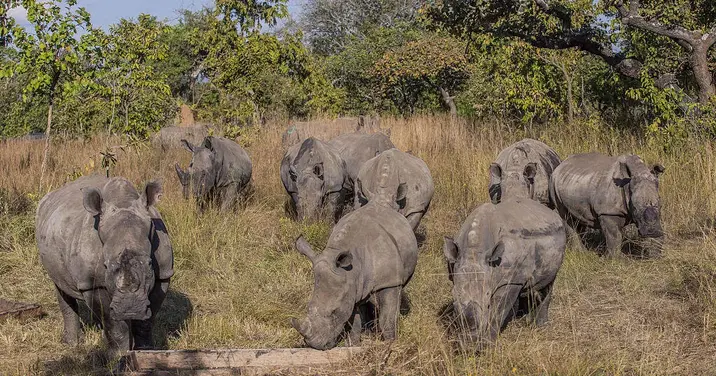
Rhino horn trafficking arrests in South Africa

South Africa launches new method to protect rhinos from poaching
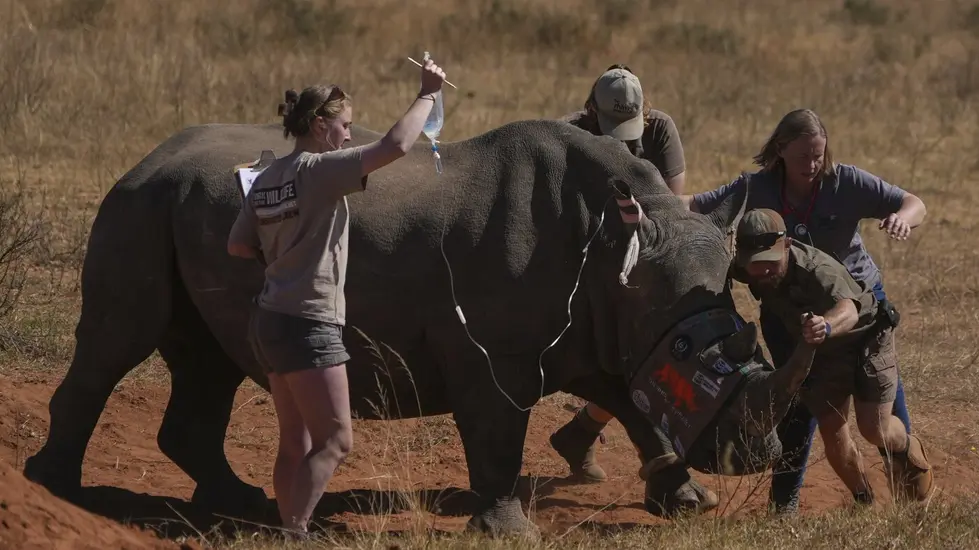
South Africa launches campaign to inject rhino horns with radioactive isotopes
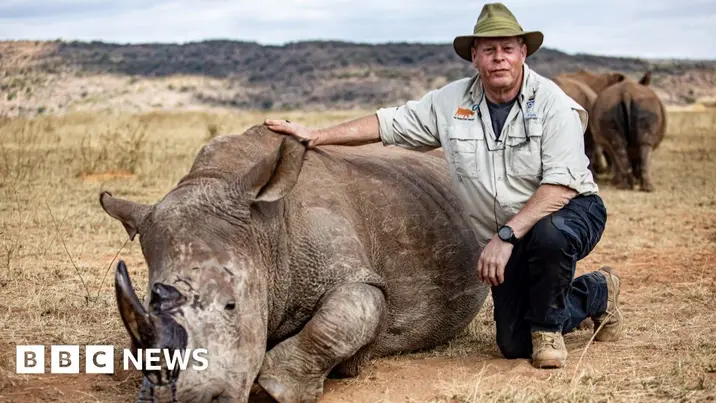
South Africa fights rhino poaching with radioactive horns
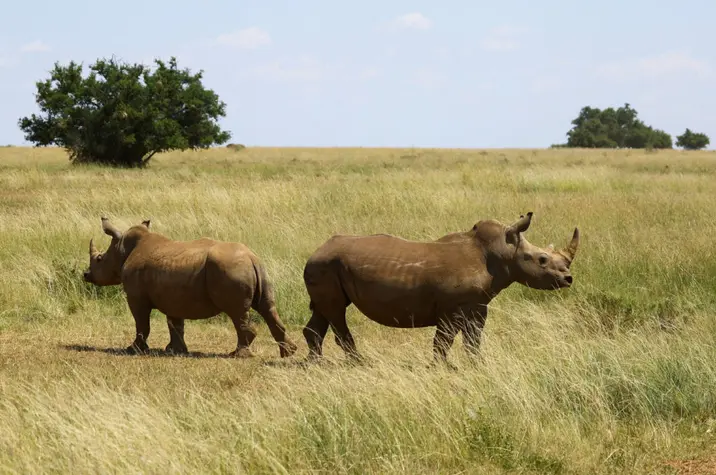
South African scientists take bold steps to protect rhinos

SLC45A4 and pain link discovered

WWE RAW Results Highlight August 4 Events

Brock Lesnar makes surprise WWE return at SummerSlam
